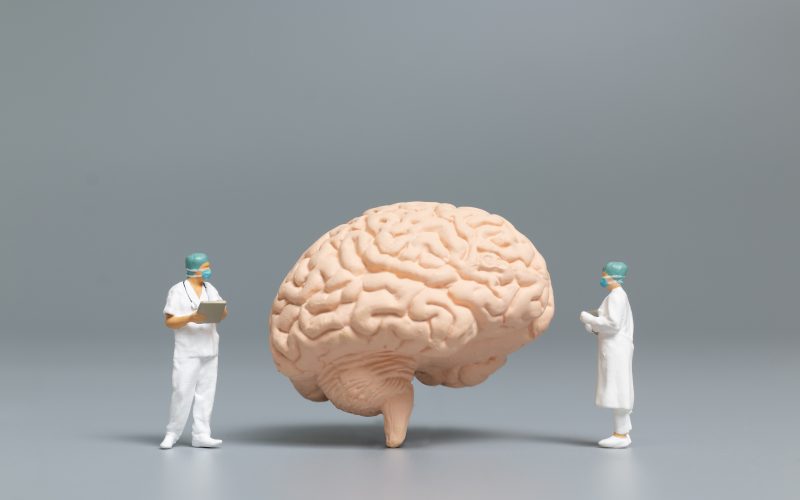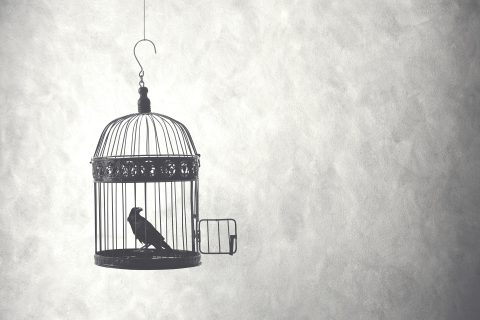Our mental health is the result of a balancing act of chemical reactions and genetics. Camilla Nord leads the Mental Health Neuroscience Lab at the University of Cambridge. She joins host Krys Boyd to discuss the latest science of brain health – what works to return to equilibrium and why it sometimes doesn’t – and how everyday encounters can change our brain chemistry to make us feel better. The book is “The Balanced Brain: The Science of Mental Health.”
What does ‘mental health’ even mean?
By Shaunessy Renker, Think intern
You may have noticed those advertisements for the BetterHelp company or videos recommending various supplements for a healthier brain. The term “mental health” is being increasingly thrown around and marketed to the public. But what does it even mean? “Mental health” is a broad term of which there is no universally agreed upon definition by neuroscientists and experts.
“If you ask an economist, they might tell you something about people’s satisfaction when they cite, for example, the happiest countries in the world,” says Camilla Nord, author of “The Balanced Brain: The Science of Mental Health.” “If you ask a psychiatrist, they might tell you about diagnoses and if you ask the kind of scientist that works with rats, well they’ll tell you it matters how fast that rat can swim through a maze. So, everybody says something a little bit different.”
Nord says that these varying definitions might theoretically sound distinct, but pragmatically they have fundamental building blocks in common that create our overall subjective sense of mental health. These building blocks influence small, daily functions of the brain—such as how motivated you are to complete a task or how you process aspects of your immediate surroundings being positive or negative.
“I think of mental health in quite a broad sense that encompasses all of these definitions,” says Nord. “But [it] really looks at the cognitive mechanisms—the thought processes in the brain—that are subserving these.”
How the brain responds to our experiences affects our physiological condition in a way that differs from other people. Nord says that our distinctive physiological responses are all formed in the same biology, but our biology in the brain itself has been shaped by a number of different influences, such as genetics and childhood experiences. She says mental illness and health is centered around the physical function of the brain; there are social and genetic factors that shape your mental health, but in order to truly understand it, we must study physiology at the level of the brain.
“So many have suggested that those little bits of pleasure throughout everyday life are not so important, what matters is someone’s overall estimation,” says Nord. “But actually statistically when you measure both, they are highly correlated…experiencing many pleasures in your life does contribute to an overall better sense of wellbeing, but the causality of that is if you have a better sense of wellbeing, you expose yourself to more pleasures.”





